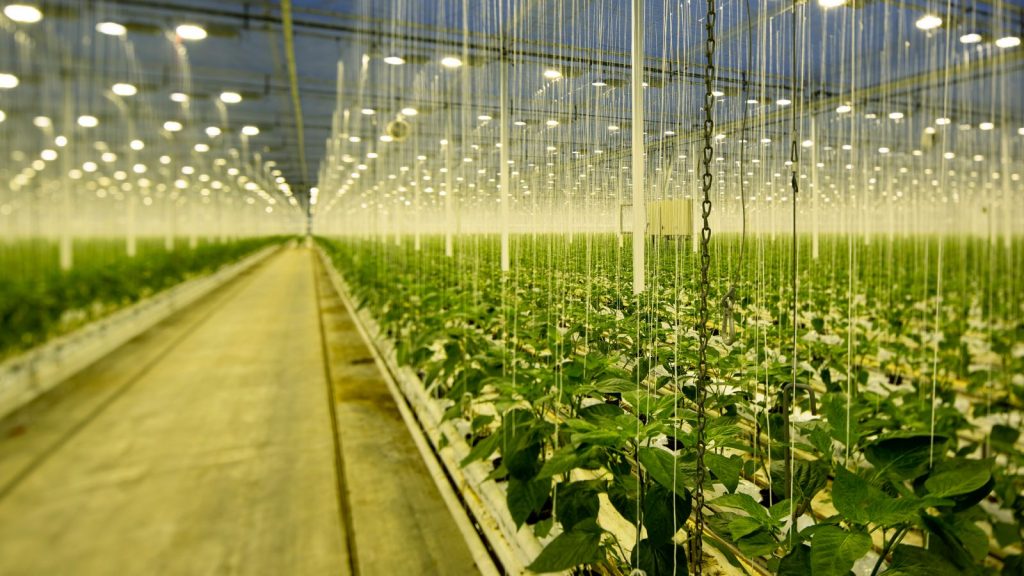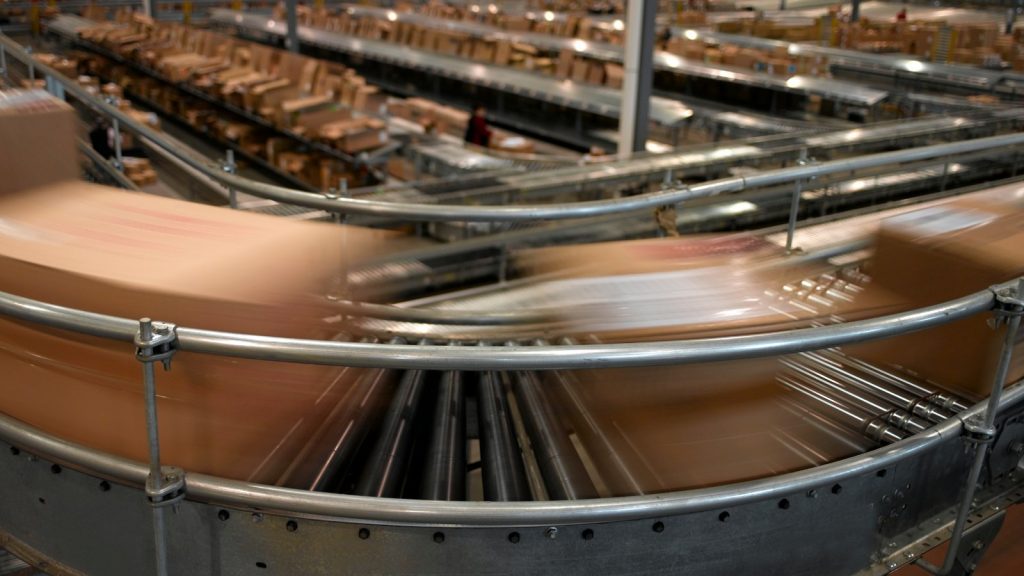
More than just packaging: sustainability in the food and beverage sector
More than just packaging: sustainability in the food and beverage sector
For many food and beverage companies the drive towards improved environmental, social and governance (ESG) performance is a challenge driven by consumer demand.
As detailed in our ‘Sustainable, smart and synchronised: using technology to accelerate the ESG transition’ report, there is often a conflict at play in what the conscious consumer wants and needs. On the one hand they demand more sustainable packaging, but on the other want safely packaged perishables and beautiful product presentation. That challenge alone is hard enough: to change how something is packaged is extremely difficult. That is because you must think about how it impacts often fragile types of food that have a short shelf life. By changing the packaging, there is always a danger that a customer is not going to like the new sustainable way it is packaged.
Packaging is just the tip of the iceberg. The industry, like others, needs to address other environmental problems like soil degradation and deforestation, as well as other ESG issues like racial and gender equality, and fairness in trade and labour practices.
Avoid short-term thinking
Starting on such a journey with a wide remit is daunting and short-term thinking can often be an issue. Businesses will jump headfirst into establishing a sustainability programme by gathering data and reporting without really knowing what they should be tracking and monitoring. That is a start, but companies need a strategy that sits behind that shows how it is going to impact their business and asks what they need to measure now, as well as in the next two to three years. Having a clear, stringent timeline that makes sense for everyone is vital.
Data quality is also a challenge and, like many sectors, is no easier in food and beverage. That is because a lot of companies are not measuring some of the information they need, while what they are measuring is often in different systems and places. Finding a way to have all that information channelled into a dashboard is the best way to consolidate it effectively and gives an ongoing window which can help drive a lot of efficiency. The downside is there is obviously a cost attached in undergoing a piece of work like that, but the outcome far outweighs that and will allow a business to be as efficient as possible.
Even without a dashboard companies can still make things easier. Smaller, less mature businesses, who may not be able to implement one just yet, can still set up data collection so that it can report in a specific way that is helpful. For example, by setting it up so that it is drawing the information needed for a seasonal piece of work.
Longer term, it is likely that eventually there will be a need for some sort of platform that measures a company’s sustainability holistically by pulling in the data and measuring it against the sustainability goals of the business in real time.
Winning the talent battle
Unsurprisingly, there is often a talent shortage to support a business on its sustainability journey. As a result, a lot of companies look to outsource this to some extent when they do not feel they have the expertise in-house. But that can be hard as it can be difficult to find the right person given that the skillset needed is fairly new and the number of good candidates available will be low. To help, a business needs to identify someone internally who can step up. The downside of doing this is that it is going to be a big part of their focus, so it is important you are reallocating people to the right roles. Identifying a team member who it would make sense for and who understands the business very well is a good first step. Doing that gives a company a buffer of time to really build out the function or hire a couple of people to help manage it, as things become more time consuming. In tandem, management buy-in is also vital. They must embrace the changes, and then push and drive it down through the organisation. If they do not, then it is not going to be successful at all.
The challenge for food and beverage companies is significant, but so is the opportunity on offer. A company that is more committed to the sustainability journey, and that can embed ESG into its wider business strategy, will be more efficient and well-placed to outperform its competitors.
Download ‘Sustainable, smart, and synchronised




































